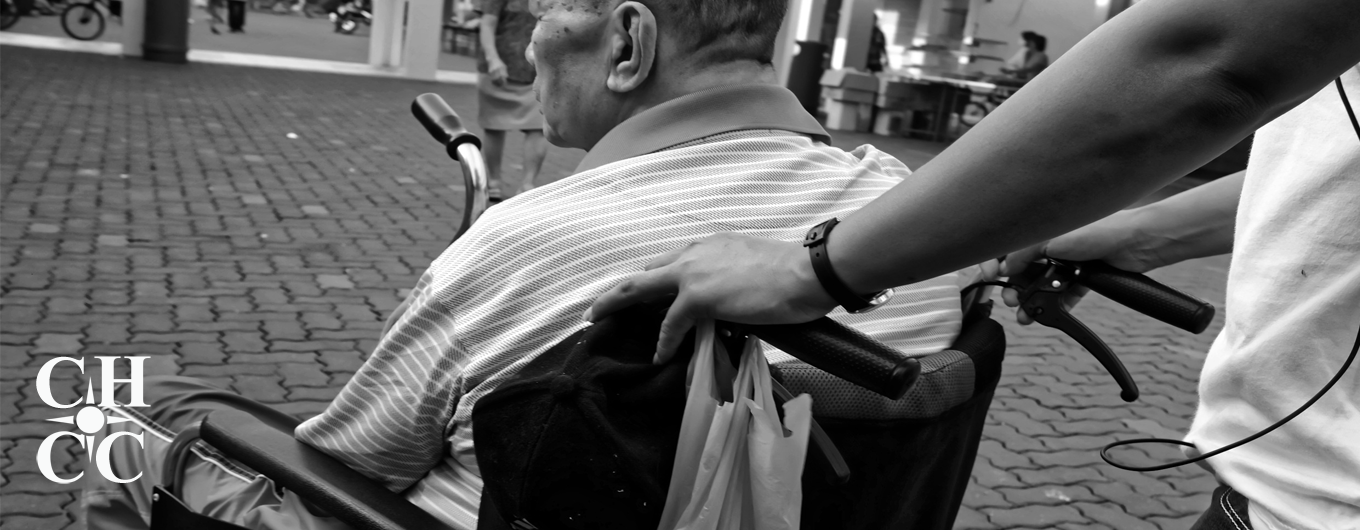
By: Barrie Quappé RN, BSN – Consultant/Director:
Many of our elderly manage chronic pain. Some will try improving their diet, exercise and activities such as yoga, to decrease their reliance on too many medications. Others will take many prescriptions for different diagnosis and add on pain medications. The danger is that they may get different medications from different doctors and no one is checking on their whole prescription picture.
If you or a family member may be at risk for this, you may wish to make a complete list of the medications the individual is taking and include the dosage and take it to your trusted pharmacist. Most pharmacies can input this list into their database to check for dangerous interactions. Do include any vitamins and herbal remedies as these two, have a potential to cause dangerous interaction reactions. Buying a daily or monthly pill box helps with knowing if you have ‘taken that pill today’ as the pills are put in the assigned box for each day, once a week and you can see if the pill has been taken or not – very easily.
If your elderly family member is considered ‘frail’, this is all the more important – that this intervention is done on a regular basis – I suggest annually if they are only a little concerned and more frequently, every three months if they keep changing prescriptions and seem to be getting more forgetful. A recent article looks at the definition of ‘frail’:
“a state of increased vulnerability to stressors (such as pain) and difficulty regaining homeostasis after an adverse health event. Frail elders show declines in muscle strength, balance, mobility, physical activity, cognition, endurance, nutrition, and weight. This puts them at risk for persistent pain, comorbidities, polypharmacy, falls, and delirium.”(Booker, Bartoszczyk, and Herr, 2016, p.1)
Further these authors have identified barriers that can occur that prevents the frail, elderly person in getting proper pain management. These are, in part:
“•inaccurate beliefs about pain
•desire to maintain a sense of control
•feeling ignored or misunderstood
•inability to communicate the pain experience.
To compound the problem, communication among healthcare providers may be inadequate. For instance, a patient’s report of pain may not be conveyed to other team members.”
On other words, do not hesitate to ask their primary doctor to do a full assessment if you suspect any of the above barriers from preventing you or your family member from seeking a review of all of their medications, herbal supplements and vitamins to ensure they are safe and getting what they need.
Need Assistance with your People, Policies or Facilities? Contact Us Today!
Relevant Links:
Booker, S., MS, RN, PhD(c); Bartoszczyk, D. A. MSN, RN, OCN; Herr, K.A. PhD, RN, AGSF, FAAN (2016) ‘Pain Management in Frail Elders’, American Nurse Today, June (11)4 pp 1-8 [Online] Available from: http://www.medscape.com/viewarticle/862944?nlid=106315_783&src=WNL_mdplsfeat_160614_mscpedit_nurs&uac=94907HT&spon=24&impID=1127025&faf=1
